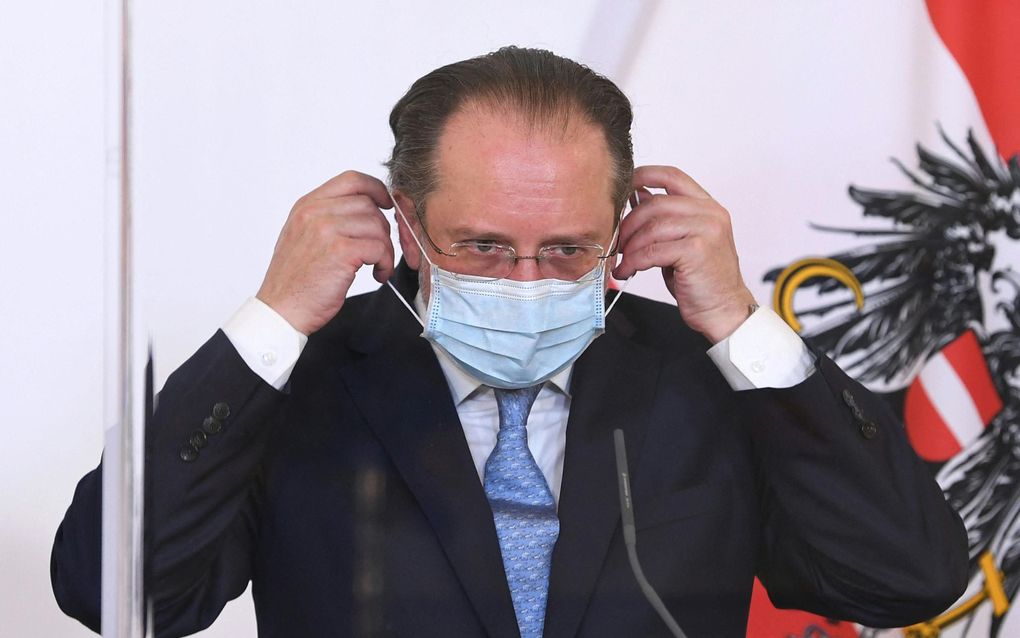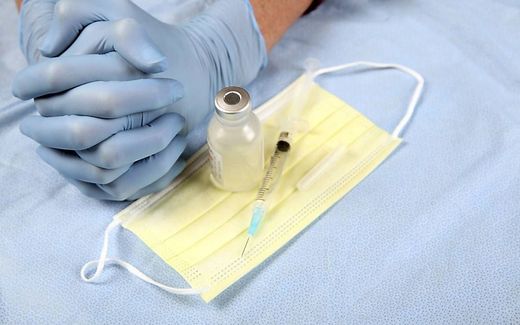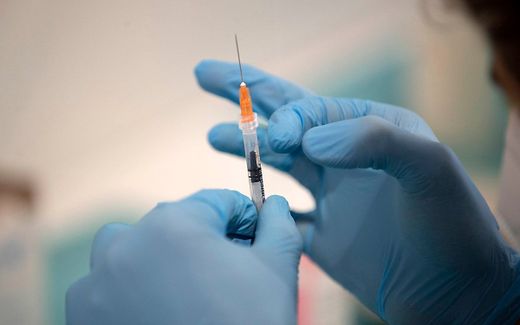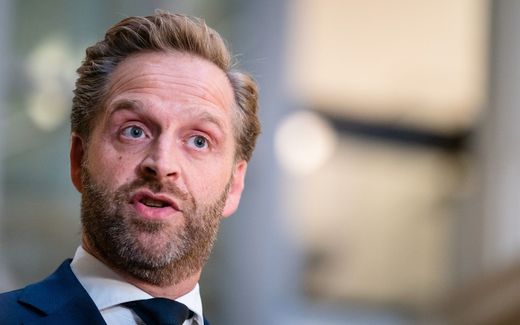Austria threatens a lockdown for unvaccinated

The new Austrian Chancellor Schallenberg is reflecting about a lockdown for unvaccinated. Photo AFP, Helmut Fohringer
Central Europe
As coronavirus cases continue to rise in Austria, the country's Chancellor announced that the government could impose tight restrictions on people who are still unvaccinated.
"The pandemic is not yet in the rear-view mirror," Alexander Schallenberg said after a meeting with state-level leaders to discuss their response to rapidly increasing case numbers. "The pandemic is not yet in the rear-view mirror," Schallenberg said. "We are about to stumble into a pandemic of the unvaccinated." And: "It must be clear to all unvaccinated people that they are not only responsible for their own health, but also for that of their fellow human beings."
The Corona situation in Austria continues to worsen: 3624 new infections were reported on Sunday - the highest Sunday [figure] (https://www.krone.at/2539739) this year. According to health authorities, Austria has reported 20,408 new virus cases in the past week, bringing the 7-day average to 228.5 per 100,000 people. A week earlier, that [figure] (https://www.theguardian.com/world/2021/oct/23/austrian-chancellor-says-unvaccinated-may-face-restrictions-if-covid-cases-rise) was at 152.5 per 100,000 people.
Schallenberg announced that if the number of Covid-19 patients in intensive care units reaches 500, or 25 per cent of the country's total ICU capacity, entry into businesses such as restaurants and hotels will be limited to those vaccinated or recovered from the virus.
If the number reaches 600, or one-third of total ICU capacity, the [government] (https://apnews.com/article/coronavirus-pandemic-europe-health-austria-5bd2969df1d3f5e07f766ba8227a43c6) plans to impose restrictions on unvaccinated people. In this case, they would only be allowed to leave their homes for specific reasons.
Currently, the number of Covid patients in ICUs stands at 220.
How is this enforceable?
To constitutional lawyer Peter Bußjäger of the University of Innsbruck, the concept seems "justifiable", as he tells the Standard. Especially since the plans are linked to the number of occupied intensive care unit beds, there is "already rationality behind it".
For the lawyer, however, the question is: "How is this enforceable? After all, he said, you can't label the unvaccinated for all to see. "This means that at some point, it will come down to someone having to check." That, in turn, could lead to a "verification problem" because the executive could not be present all the time and check the vaccination status. "The control would therefore be associated with a certain randomness," says Bußjäger.
The general vaccination rate in Austria (full immunisation) is a measly 62.1 per cent, the Standard writes. 17 per cent of people in Austria are absolutely not willing to be vaccinated against Corona. Then there is eight per cent who are hesitant and might still be persuaded. But only 1 per cent are really willing to be vaccinated. "So, by now, the pool of people who say they are willing to be vaccinated has been largely exhausted. Only the hesitant and those not willing to vaccinate remain", writes the Austrian Corona Panel Project of the University of Vienna on its survey results.
Related Articles






